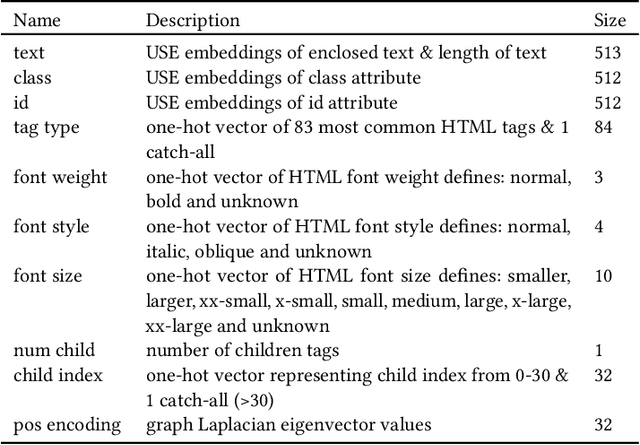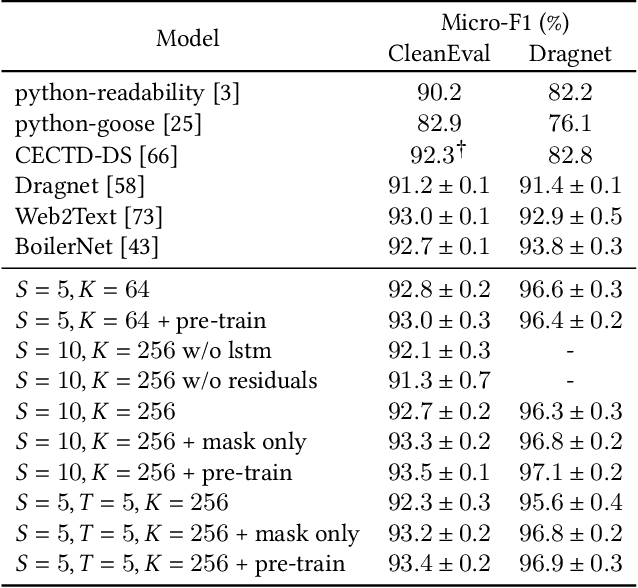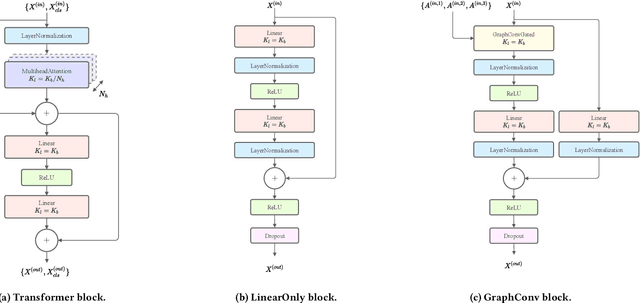Benedict Yeoh
Synthetic Voice Detection and Audio Splicing Detection using SE-Res2Net-Conformer Architecture
Oct 07, 2022



Abstract:Synthetic voice and splicing audio clips have been generated to spoof Internet users and artificial intelligence (AI) technologies such as voice authentication. Existing research work treats spoofing countermeasures as a binary classification problem: bonafide vs. spoof. This paper extends the existing Res2Net by involving the recent Conformer block to further exploit the local patterns on acoustic features. Experimental results on ASVspoof 2019 database show that the proposed SE-Res2Net-Conformer architecture is able to improve the spoofing countermeasures performance for the logical access scenario. In addition, this paper also proposes to re-formulate the existing audio splicing detection problem. Instead of identifying the complete splicing segments, it is more useful to detect the boundaries of the spliced segments. Moreover, a deep learning approach can be used to solve the problem, which is different from the previous signal processing techniques.
GROWN+UP: A Graph Representation Of a Webpage Network Utilizing Pre-training
Aug 03, 2022



Abstract:Large pre-trained neural networks are ubiquitous and critical to the success of many downstream tasks in natural language processing and computer vision. However, within the field of web information retrieval, there is a stark contrast in the lack of similarly flexible and powerful pre-trained models that can properly parse webpages. Consequently, we believe that common machine learning tasks like content extraction and information mining from webpages have low-hanging gains that yet remain untapped. We aim to close the gap by introducing an agnostic deep graph neural network feature extractor that can ingest webpage structures, pre-train self-supervised on massive unlabeled data, and fine-tune to arbitrary tasks on webpages effectually. Finally, we show that our pre-trained model achieves state-of-the-art results using multiple datasets on two very different benchmarks: webpage boilerplate removal and genre classification, thus lending support to its potential application in diverse downstream tasks.
 Add to Chrome
Add to Chrome Add to Firefox
Add to Firefox Add to Edge
Add to Edge